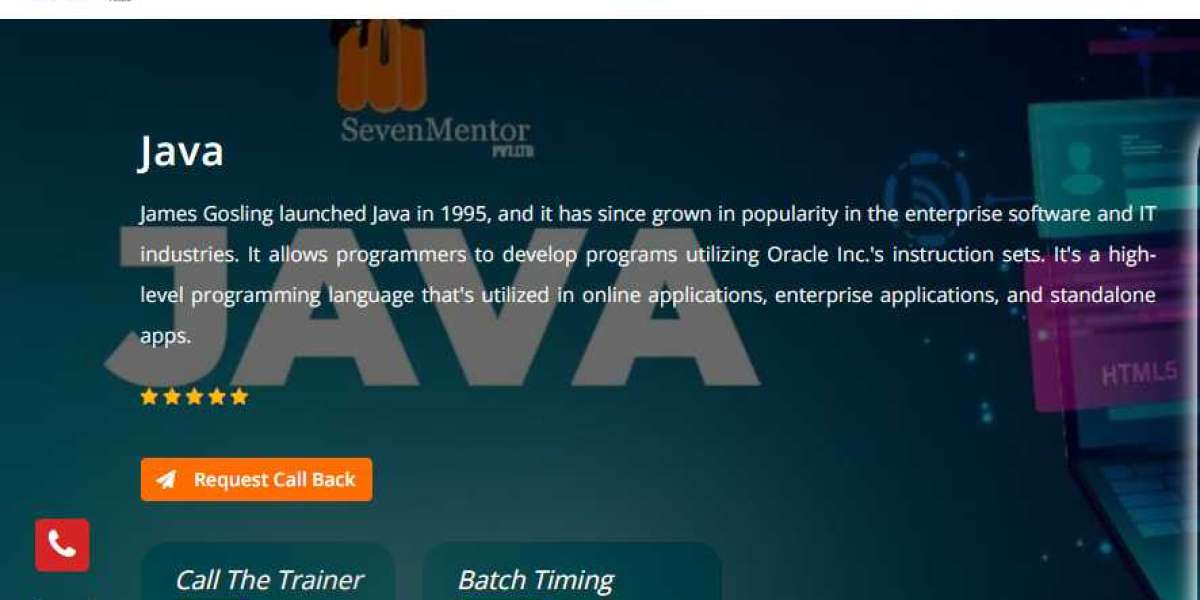Before starting to learn Java, it is important to have a good understanding of some basic programming concepts and principles. Here are some of the most important things to learn before starting with Java:
Algorithms and Data Structures: A solid understanding of algorithms and data structures is crucial to programming, as they form the foundation of many programming tasks. This knowledge helps you to design and implement efficient and effective solutions to problems.
Object-Oriented Programming (OOP) Concepts: Java is an object-oriented programming language, so it's essential to have a solid understanding of OOP concepts. You should learn about classes, objects, inheritance, polymorphism, and encapsulation.
Visit Java Classes in Pune
Control Structures: Learning about control structures such as if-else, switch-case, loops, and conditional statements will help you to write structured and efficient programs.
Programming Logic: Understanding programming logic, such as decision-making, iteration, and problem-solving skills, will help you to analyze and solve programming problems effectively.
Basic Syntax: Learning basic programming syntax, such as variables, data types, operators, and expressions, is essential to writing functional programs.
Input and Output Operations: You should learn about input and output operations such as reading and writing to files and the console. These operations are crucial to developing applications that can interact with users and data sources.
Visit Java Course in Pune
Debugging Techniques: Debugging is an essential skill for any programmer. You should learn how to use debugging tools to detect and fix errors in your code.
Integrated Development Environment (IDE): Familiarize yourself with an IDE such as Eclipse, NetBeans, or IntelliJ IDEA. An IDE makes it easier to write, debug, and test code by providing tools for code highlighting, autocompletion, and debugging.
Version Control: Learning version control systems like Git is essential when working with a team or developing large projects. It helps to keep track of changes and collaborate effectively.
Mathematics: Basic math concepts such as algebra, trigonometry, and statistics are useful for many programming tasks.
In summary, to learn Java, you should have a solid foundation in programming concepts and principles such as algorithms, data structures, OOP, control structures, programming logic, basic syntax, input/output operations, debugging techniques, IDE, version control, and mathematics. With these skills, you will be able to start learning Java effectively and efficiently.
Visit Java Training in Pune








